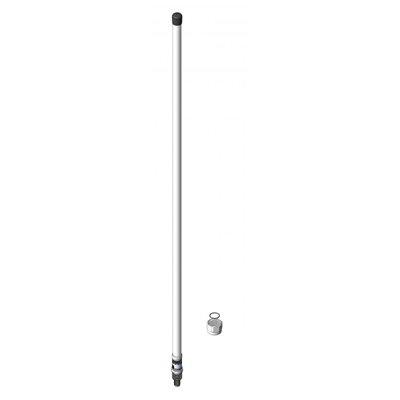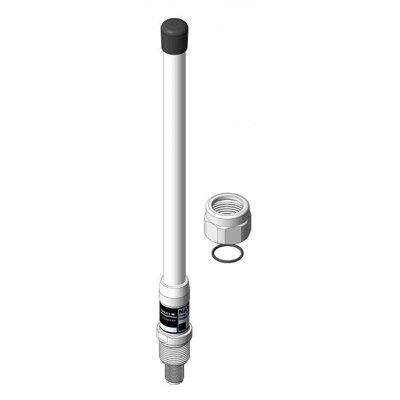Spire Global, Inc., a global provider of space-based data, analytics and space services, unveiled a dark shipping detection solution to track vessels that manipulate their reported position in order to conceal nefarious activities.
The Automatic Identification System (AIS) on a vessel helps avoid collisions at sea, track global shipping trends and monitor individual vessel activity; but crew members on board can manipulate the system by turning off the transponder to go dark or ‘spoofing’ the AIS to report false positions.
Unloading sanctioned goods
Typically, this is done in order to hide activity that is illegal or could have negative consequences to the ship owner, such as illegal trading, loading or unloading sanctioned goods, or illegal, unreported, and unregulated (IUU) fishing.
Spire’s near real-time, global geolocation position validation service can uncover suspicious activity
Spire’s near real-time, global geolocation position validation service can uncover suspicious activity and pinpoint a vessel without the need for an approximate location. The applications are critical to governments, intelligence and security agencies, and nonprofit organizations’ efforts to identify and locate vessels that are breaking international law.
Maritime tracking solutions
“For a long time, having the tools to accurately identify and track ships that are attempting to hide their activities or location has been the missing key to preventing sanctions evasion, illegal fishing, human trafficking, and many more pressing societal issues,” said Peter Mabson, CEO, Spire Maritime. “Dark shipping detection builds on our breadth of maritime tracking solutions and underscores Spire’s mission to use data that can only be collected from space to improve life on Earth.”
Spire operates the world’s largest multipurpose constellation with more than 100 satellites. The company plans to launch additional products in 2023 for geolocation and identification of dark targets, at sea, on land, and in the air.


















